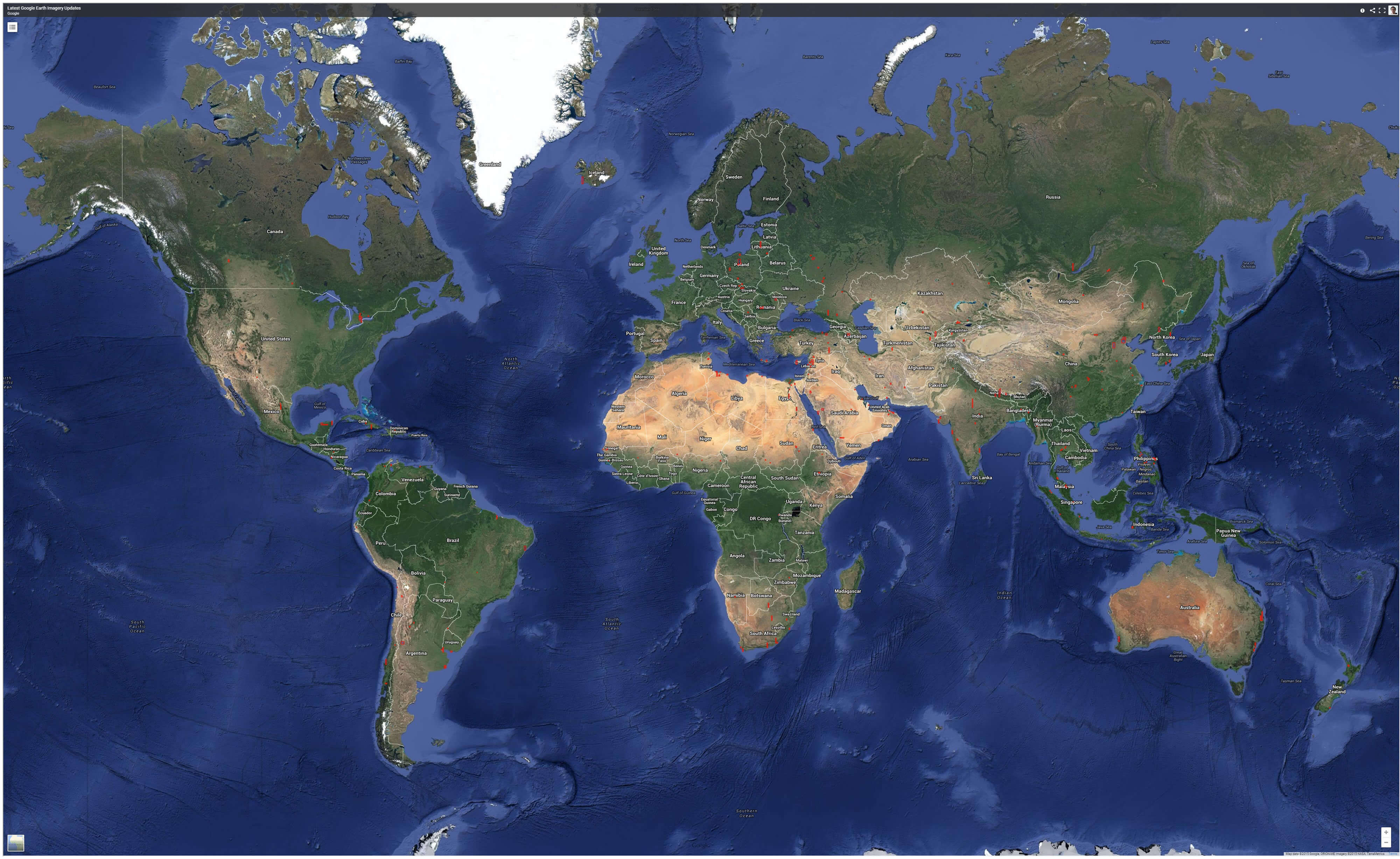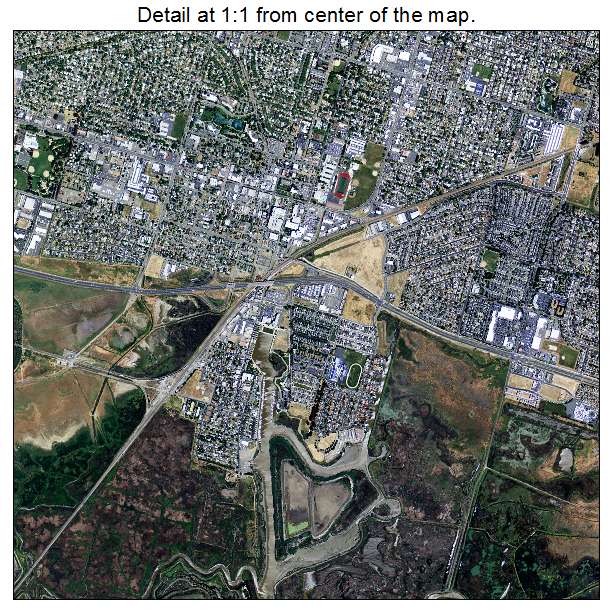Navigating the World with Google Maps: A Comprehensive Guide to Location Discovery
Related Articles: Navigating the World with Google Maps: A Comprehensive Guide to Location Discovery
Introduction
With enthusiasm, let’s navigate through the intriguing topic related to Navigating the World with Google Maps: A Comprehensive Guide to Location Discovery. Let’s weave interesting information and offer fresh perspectives to the readers.
Table of Content
Navigating the World with Google Maps: A Comprehensive Guide to Location Discovery

In today’s interconnected world, the ability to locate and navigate to specific places is paramount. Whether planning a road trip, exploring a new city, or simply finding the nearest coffee shop, Google Maps has become an indispensable tool for millions. This comprehensive guide delves into the intricacies of using Google Maps for location discovery, highlighting its key features and benefits.
Understanding the Power of Google Maps
Google Maps is a powerful online service that provides users with interactive maps, real-time traffic updates, and comprehensive information about locations worldwide. It utilizes satellite imagery, street-view photography, and user-generated data to create a rich and detailed representation of the world.
Finding Locations: A Multifaceted Approach
Google Maps offers a variety of methods for locating places, catering to different user preferences and search needs:
- Text-based Search: Users can enter a specific address, name of a business, landmark, or even a general category (e.g., "restaurants near me") into the search bar. The platform then displays relevant results, complete with location markers, directions, and additional information.
- Voice Search: For hands-free navigation, users can utilize voice commands to search for locations. This feature is especially useful while driving or walking, as it allows for quick and convenient searches without needing to manually type.
- Explore Mode: This feature allows users to visually explore a specific area by panning and zooming the map. Users can identify points of interest, discover hidden gems, and gain a better understanding of the layout and characteristics of a location.
- Saved Places: Google Maps enables users to save frequently visited locations or places of interest for future reference. This feature streamlines the search process by providing quick access to saved locations, eliminating the need for repeated searches.
Beyond Location: Utilizing Google Maps’ Additional Features
While finding locations is the core functionality of Google Maps, the platform offers a wealth of additional features that enhance the user experience:
- Directions and Navigation: Google Maps provides detailed directions for walking, driving, cycling, and public transportation. Users can choose their preferred mode of travel, receive real-time traffic updates, and even adjust their route based on road closures or unforeseen events.
- Traffic Information: The platform offers real-time traffic updates, displaying traffic conditions, estimated travel times, and potential delays. This feature empowers users to plan their routes effectively, avoiding congested areas and minimizing travel time.
- Street View: This feature allows users to virtually explore streets and locations around the world. It provides a 360-degree view of the environment, offering a realistic experience and aiding in location familiarization.
- Local Information: Google Maps provides detailed information about businesses, restaurants, attractions, and other points of interest. This information includes business hours, contact details, reviews, photos, and user ratings, allowing users to make informed decisions about their destinations.
The Importance of Location Discovery in the Digital Age
In a world increasingly reliant on digital tools, the ability to discover and navigate to specific locations is crucial for a variety of reasons:
- Enhanced Convenience: Google Maps simplifies the process of finding locations, providing users with quick and easy access to information about their surroundings. This convenience extends to various aspects of daily life, from finding the nearest grocery store to planning a weekend getaway.
- Increased Efficiency: By offering real-time traffic updates and optimized routes, Google Maps enables users to navigate efficiently, minimizing travel time and maximizing productivity.
- Improved Safety: The platform’s comprehensive information about locations, including safety ratings and user reviews, allows users to make informed decisions about their surroundings and ensure their safety.
- Enhanced Exploration: Google Maps encourages exploration by providing users with access to information about hidden gems, lesser-known attractions, and local businesses, fostering a deeper understanding of the world.
FAQs about Google Maps Location Discovery
Q: How accurate is Google Maps’ location data?
A: Google Maps utilizes a combination of satellite imagery, street-view photography, and user-generated data to ensure the accuracy of its location data. While the platform strives for high accuracy, some discrepancies may occur due to factors such as ongoing construction, changes in infrastructure, or user-submitted errors.
Q: Can I use Google Maps offline?
A: Yes, Google Maps allows users to download maps for offline use. This feature is particularly useful for travelers or individuals in areas with limited internet connectivity. However, downloaded maps have limited functionality compared to online maps.
Q: How can I contribute to Google Maps data?
A: Users can contribute to Google Maps data by reporting errors, adding missing information, submitting photos, or writing reviews. This collaborative approach ensures the platform remains updated and accurate.
Q: Is Google Maps free to use?
A: Yes, Google Maps is a free service for both personal and commercial use. However, some premium features, such as advanced navigation and traffic data, may require a subscription.
Tips for Effective Google Maps Location Discovery
- Refine your search terms: Use specific keywords and phrases to narrow down your search results and find the exact location you are looking for.
- Utilize filters: Google Maps allows users to filter search results based on criteria such as distance, price range, reviews, and opening hours.
- Explore different map views: Switch between map views, such as satellite, street view, and terrain, to gain a comprehensive understanding of a location.
- Save frequently visited locations: Create a list of saved places for quick and easy access to your favorite spots.
- Share your location with others: Enable location sharing with trusted contacts to facilitate communication and coordination.
Conclusion
Google Maps has revolutionized the way we discover and navigate the world. Its comprehensive features, user-friendly interface, and continuous updates make it an indispensable tool for individuals, businesses, and organizations alike. Whether planning a trip, finding a local restaurant, or simply getting around town, Google Maps empowers users with the knowledge and tools necessary to explore and connect with the world around them.








Closure
Thus, we hope this article has provided valuable insights into Navigating the World with Google Maps: A Comprehensive Guide to Location Discovery. We appreciate your attention to our article. See you in our next article!